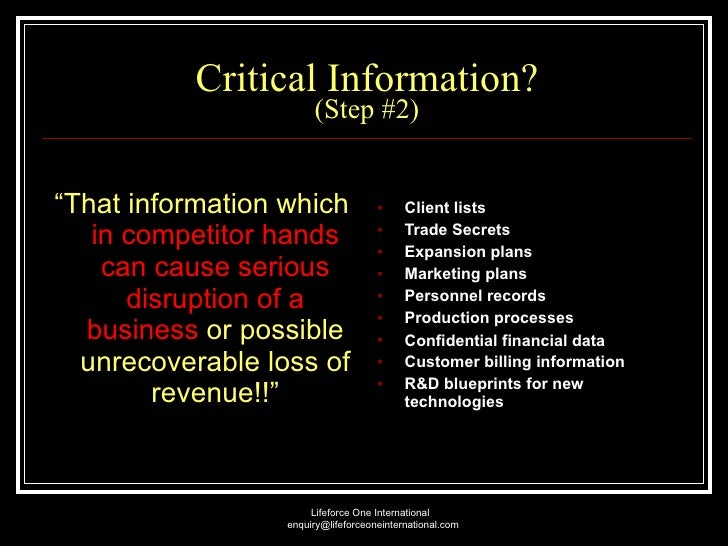

These facilities provide national critical functions that are so vital to the United States that their disruption, corruption, or dysfunction would have a debilitating effect on the Nation’s security, economy, and public health and safety. Public and private owners and operators manage the vast array of critical infrastructure supporting our economy and communities. Cybersecurity & Infrastructure Security Agency.In deploying these capabilities, DHS prioritizes assessments, security measures, and remediation for systems that could significantly compromise national security, foreign relations, the economy, public confidence, or public health and safety.

Additionally, DHS collaborates with interagency counterparts to deploy capabilities for intrusion detection, unauthorized access prevention, and near real-time cybersecurity risk reports. Government, DHS promotes the adoption of common policies and best practices that are risk-based and responsive to the ever-changing cyber threat environment. Serving as the designated federal lead for cybersecurity across the U.S. As a result, malicious cyber attackers target government systems to steal information, disrupt and deny access to information, degrade or destroy critical information systems, or operate a persistent presence capable of tracking information or conducting a future attack. DHS and other federal civilian departments and agencies maintain extensive databases with national security information, personal data on American citizens, proprietary information, and other important information. The Federal Government depends on reliable and verifiable information technology systems and computer networks for essential operations. The Department of Homeland Security's cybersecurity and critical infrastructure security responsibilities focus on four goals: Moreover, the advent of hybrid attacks, where adversaries use both physical and electronic means to inflict and compound harm, renders the threat landscape more challenging than ever. Meanwhile, the heightened threat from physical terrorism and violent crime remains, increasingly local and often aimed at places like malls and theaters, stadiums, and schools. Additionally, sophisticated nation-state attacks against government and private-sector organizations, critical infrastructure providers, and Internet service providers support espionage, extract intellectual property, maintain persistent access on networks, and potentially lay a foundation for future offensive operations.

In particular, nation-states are targeting critical infrastructure to collect information and gain access to industrial control systems in the energy, nuclear, water, aviation, and critical manufacturing sectors. Cybersecurity threats to critical infrastructure are one of the most significant strategic risks for the United States, threatening our national security, economic prosperity, and public health and safety. As innovation, hyper-connectivity, and digital dependencies all outpace cybersecurity defenses, the warning signs are all present for a potential “cyber 9/11” on the horizon.Ĭritical infrastructure provides the services that are the backbone of our national and economic security and the health and well-being of all Americans. Moreover, the interconnectivity of critical infrastructure systems raises the possibility of cyber attacks that cause devastating kinetic and non-kinetic effects. By 2021, cybercrime damages are likely to exceed $6 trillion per year. Nation-states and their proxies, transnational criminal organizations, and cyber criminals use sophisticated and malicious tactics to undermine critical infrastructure, steal intellectual property and innovation, engage in espionage, and threaten our democratic institutions. As a result, cyberspace has become the most active threat domain in the world and the most dynamic threat to the Homeland. Increased connectivity of people and devices to the Internet and to each other has created an ever-expanding attack surface that extends throughout the world and into almost every American home.


 0 kommentar(er)
0 kommentar(er)
